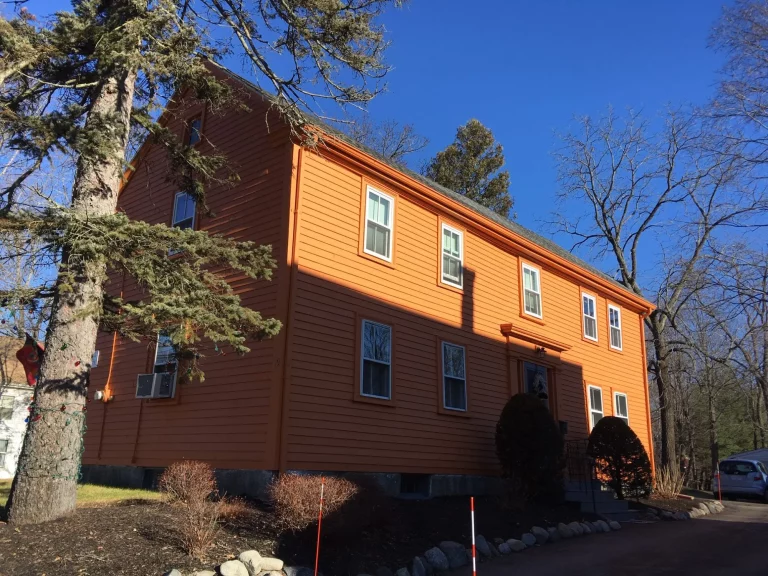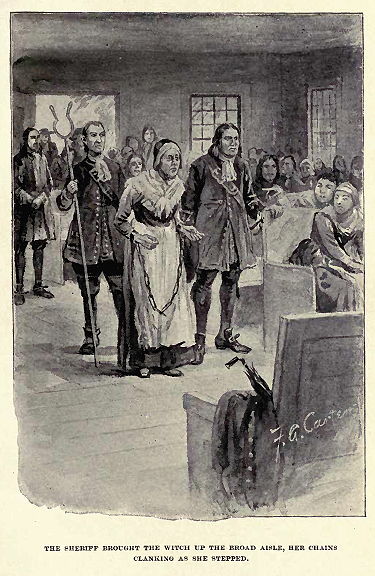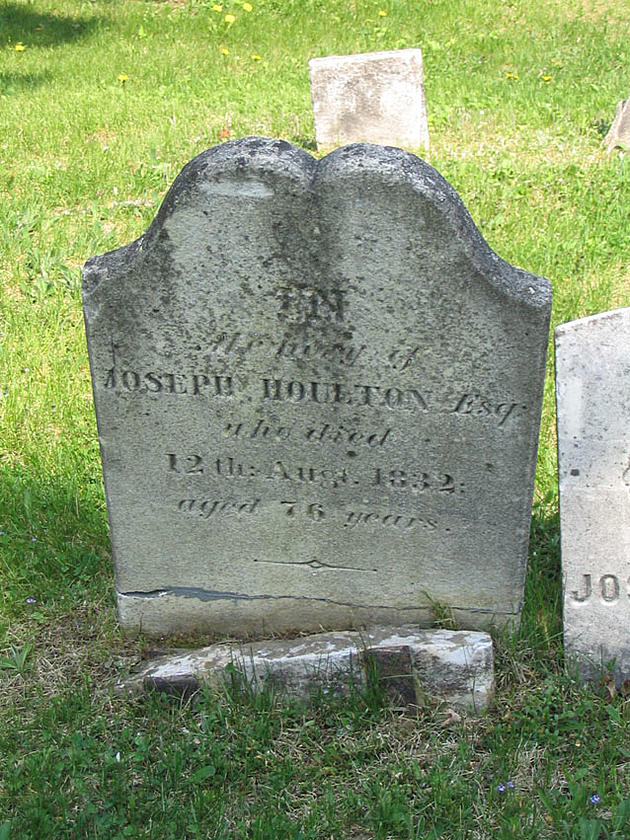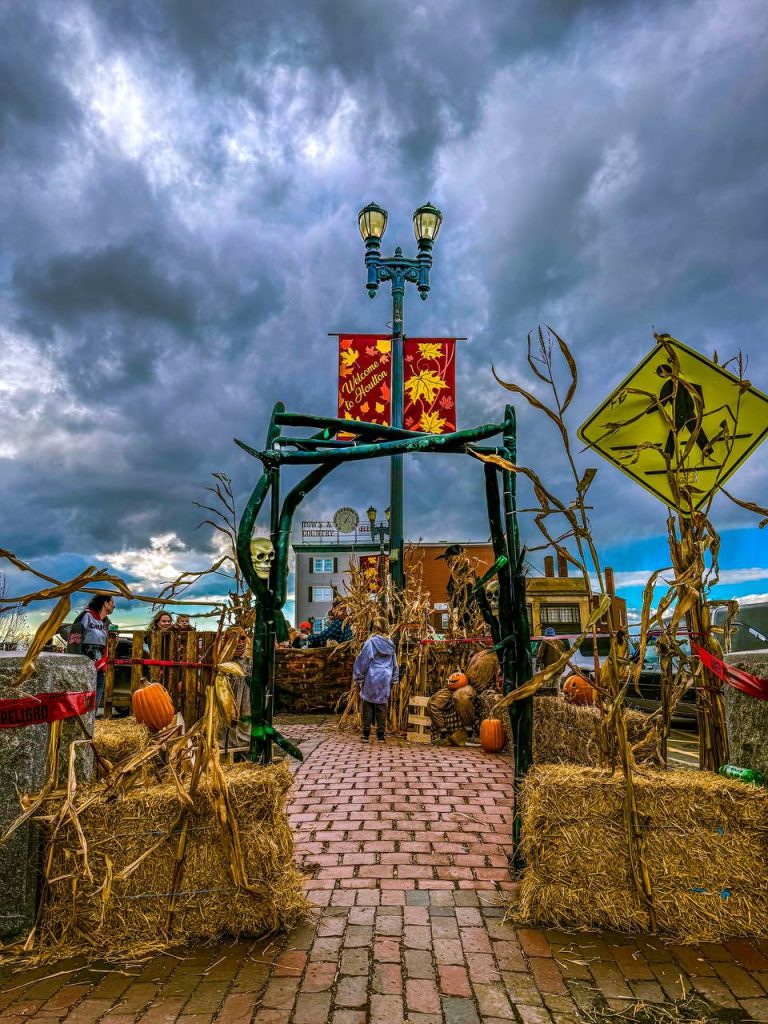When one thinks of the Salem Witch Trials, the quiet town of Houlton, Maine may not immediately spring to mind. After all, Houlton was not even established until long after those dark days in Salem Village when accusations of witchcraft led to the execution of 19 people. However, an unexpected and intriguing connection between Houlton and the Salem Witch Trials exists, and it revolves around the Houlton family and their roots in both locations.
The Houlton Family's Journey
Houlton, Maine, bears its name from Joseph Houlton, who, along with his family, settled in the area in August of 1807. However, the roots of the Houlton family stretch back to Salem, Massachusetts, during the turbulent era of the Salem Witch Trials.
Joseph Houlton, the progenitor of the Houlton family, was the great-great-grandson of another Joseph Houlton, who was a prominent landowner in Salem during the late 17th century. The elder Joseph Houlton found himself embroiled in the tumultuous events of the witch trials, despite being in his 70s at the time.

A Tale of Division and Endorsement
The Salem Witch Trials were characterized by deep divisions within the community, as neighbors and families were torn apart by differing beliefs about who was truly a witch and who was falsely accused. The Houlton family itself is a compelling example of this division.
According to records from the Salem Witch Museum, Joseph Houlton, his wife Sarah, and his son Joseph Houlton Jr. all signed a petition in defense of Rebecca Nurse, one of the accused witches. This was a significant show of support for Nurse, who had been accused of bewitching Joseph Houlton Jr.’s own brother, Benjamin Houlton, leading to Benjamin’s untimely death. The accusations had come from Benjamin’s widow, Sarah, who was Joseph Houlton Jr.’s daughter-in-law.
The records provide a glimpse into the events leading up to Nurse’s trial: “During the witchcraft trials, his widow testified, but entirely without malice, against Rebecca Nurse. It seems that Benjamin Houlton’s fences being down his cattle strayed into the Nurse enclosure and that a little trouble arose. Immediately upon returning to the house, he became suddenly ill and never recovered. At times he was blind.”
Despite Joseph Houlton’s endorsement of Nurse, she was ultimately hanged on July 19, 1692, at Gallows Hill.

The Complex Legacy
While Joseph Houlton defended Rebecca Nurse, his son John Houlton took a different path. John, along with Jonathan Walcott would go on to accuse the following 10 people in Salem Village of witchcraft, contributing to the hysteria and trials:
Nehemiah Abbott Jr. – Arrested of witchcraft
Arthur Abbott – Arrested of witchcraft
John Alden Jr. – Arrested of witchcraft
Martha Carrier – Executed, August 19, 1692
Elizabeth Fosdick – Arrested of witchcraft
Elizabeth Howe – Executed, July 19, 1692
William Proctor – Arrested of witchcraft
Wilmot Redd – Executed, September 22, 1692.
Sarah Rice – Arrested of witchcraft
Mary Toothaker – Arrested of witchcraft – Cleared of all charges – Released from jail in 1693.
Three of the individuals John accused were hanged in 1692.
It was more than a century later, in 1807, when Joseph Houlton (the great-great-grandson of the elder Joseph Houlton) and John Putnam journeyed to Maine, which was then still part of Massachusetts, and settled in the town of Houlton. The town’s name itself hints at its origins, as it was established by former Salem residents, including several members of the Houlton family, starting in 1734.

In summary, Houlton holds a remarkable historical connection to the Salem Witch Trials through the Houlton family’s lineage and their involvement in the trials. While Houlton may have been established long after those dark days in Salem Village, its history is a testament to the enduring impact of historical events and the unexpected links that can connect one place to another across time. The story of the Houlton family underscores the complexities and divisions that characterized this troubling period in American history, leaving a lasting imprint on the narrative of both towns.


